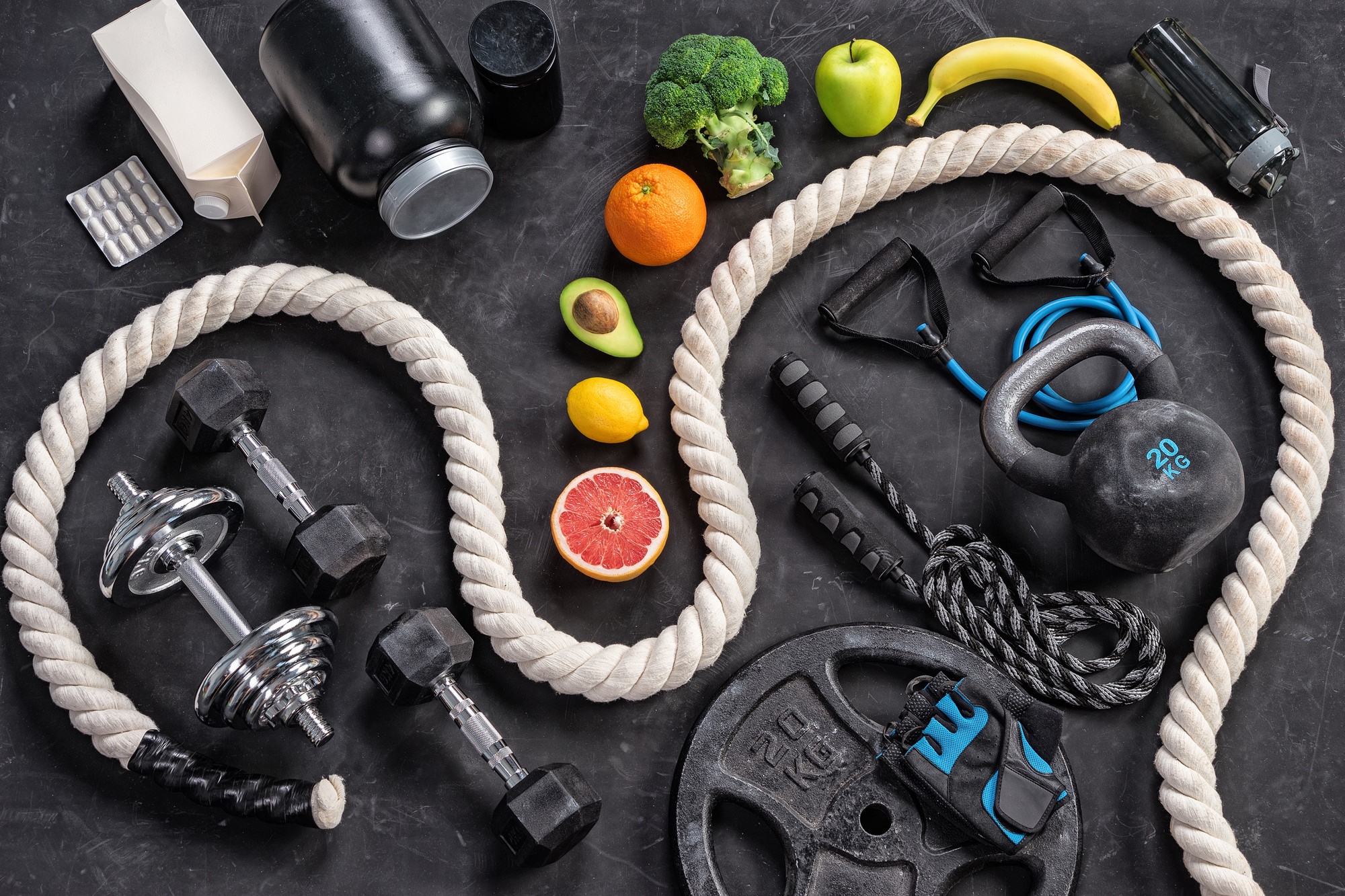Nourish to Flourish The Critical Role of Nutrition in Fitness
10/08/2023

Introduction
Embarking on a fitness journey often conjures images of intense workouts, personal bests, and active lifestyle changes. However, there's a silent yet equally powerful partner in this journey - nutrition. The saying "you are what you eat" takes on a literal meaning in fitness. Your dietary choices profoundly influence your body's performance, recovery, and transformation. This interplay between diet and exercise is not just about avoiding certain foods or indulging in superfoods; it's about understanding the science of nutrition and how it fuels and rebuilds your body. Whether you're a seasoned athlete or just starting, the role of nutrition in achieving your fitness goals is undeniable. It's about creating a synergy between the food you consume and the fitness goals you aspire to achieve.
The Foundation of Nutrition in Fitness
Your body is like a machine, and food is its fuel. The right fuel can significantly enhance your workout performance and overall health. At this core are macronutrients - proteins, carbohydrates, and fats. Each plays a unique role:
Macronutrients: The Big Three
Proteins:
Beyond muscle building, proteins are vital for tissue repair, hormone production, and enzyme functions. Different protein sources can offer varied benefits, suitable for various fitness goals.
Carbohydrates:
Often misunderstood, carbs are the primary energy source for the body, especially crucial for high-intensity workouts. They fuel your muscles and brain, focusing on quality sources like whole grains.
Fats:
Essential for hormone production, joint health, and energy storage; fats are essential for long-term energy needs. The focus should be on healthy fats like omega-3 fatty acids from fish and monounsaturated fats from nuts and avocados.
Micronutrients: The Unsung Heroes
- Vitamins and minerals: Although required in smaller amounts, they play pivotal roles. They aid energy production, immune function, bone health, and muscle contraction.
- Adequate intake of micronutrients like iron, calcium, vitamin D, and B vitamins is essential for athletic performance and overall well-being.
Hydration: The Essence of Fitness
- Water is more than just a thirst quencher. It regulates body temperature, lubricates joints, and helps transport nutrients to give you energy.
- Proper hydration is crucial for peak performance and can significantly impact endurance, strength, and recovery.
Implementing Nutritional Strategies
Meal Planning and Preparation:
Develop a meal plan that aligns with your fitness goals and dietary needs. This might include specific calorie targets, macronutrient ratios, and incorporating various nutrient-dense foods. Prepare meals in advance to save time and ensure you have healthy options readily available, reducing the temptation for less nutritious choices.
Balanced Diet Approach:
- Focus on a balanced diet that includes a variety of food groups. This ensures a comprehensive intake of essential nutrients necessary for fitness and overall health.
- Incorporate lean proteins, complex carbohydrates, healthy fats, and a wide range of fruits and vegetables.
Hydration Strategies:
- Develop a hydration strategy that includes drinking water throughout the day, not just during workouts. The amount will depend on factors like the intensity of the exercise, the environment, and individual needs.
- Consider electrolyte replacement strategies, especially after prolonged or intense exercise sessions.
Conclusion
Your diet is a powerful tool in your fitness arsenal. You can enhance your performance, recovery, and overall health by aligning your nutrition with your fitness goals. Remember, the path to fitness is not just paved with exercise but the foods you consume.

